A Comprehensive Guide to the Basset Hound
The Basset Hound, instantly recognizable by its mournful expression and remarkably low profile, is a breed steeped in history and brimming with personality. More than just a charming face, the Basset Hound possesses a unique blend of tenacity, independence, and gentle affection, making it a beloved companion for those who understand and appreciate its particular needs. This guide explores the fascinating world of the Basset Hound, from its origins as a French hunting dog to its role as a cherished family member.
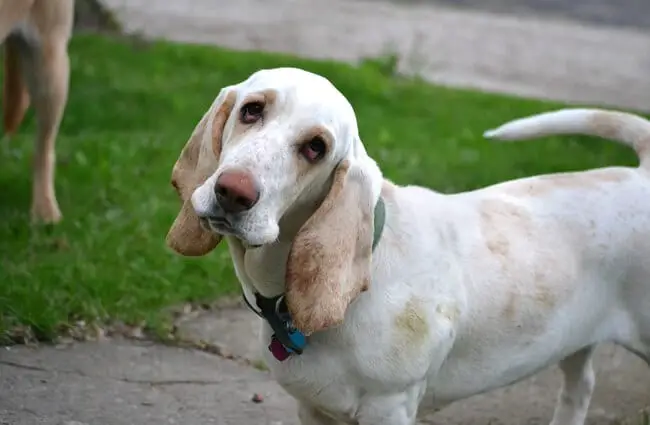
Historical Roots
The story of the Basset Hound begins in France, where these hounds were favored by the aristocracy. The word “Basset” means “low,” and the dogs were specifically bred to stay close to the ground, allowing hunters to follow game on foot. Early Basset Hounds were kept by French nobility in the 17th and 18th centuries. The breed continued to develop in the 19th century, influenced by the English Foxhound, and gained popularity in England in the late 1860s. It later made its way to North America, where it remains a beloved companion today.
Physical Characteristics
Size and Weight
Basset Hounds are medium to large dogs, but their short legs give them a low stance. Males typically stand up to 25 inches tall at the shoulder and weigh between 50 and 65 pounds. Females are slightly smaller, reaching up to 24 inches and weighing between 40 and 55 pounds. Their most defining characteristic is their loose skin, especially around the face and neck, which contributes to their expressive, wrinkled appearance. They come in a variety of colors, including tricolor (black, tan, and white), lemon and white, and red and white.
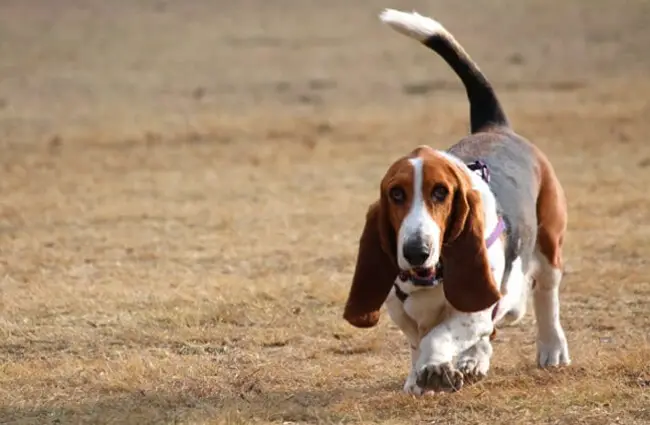
Physical Considerations
Due to their conformation, Basset Hounds are prone to certain health issues. Their long ears require regular cleaning to prevent infections. Their loose skin needs to be kept clean and dry, especially in the folds, to avoid dermatitis. Gastric dilatation volvulus, commonly known as bloat, can be a life‑threatening condition that affects many breeds; owners should be aware of its signs and seek immediate veterinary care if it occurs. Intervertebral disc disease is common in breeds with long backs and short legs, making careful management of weight and activity important.
Temperament and Behavior
Basset Hounds are renowned for their gentle, laid‑back temperament. They are generally good‑natured and patient, making them excellent companions for children. However, they can be independent and stubborn, which can present challenges during training. Their hunting background gives them a strong sense of smell, and they can be easily distracted by interesting scents. They are not typically aggressive but can be aloof with strangers. Socialization from a young age is crucial to ensure they develop into well‑adjusted adults.
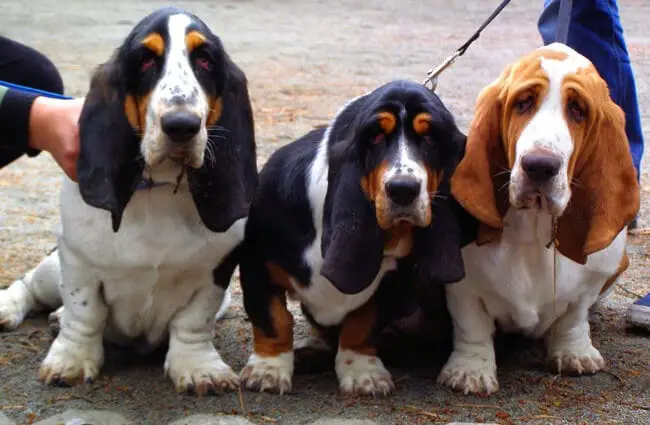
Caring for Your Basset Hound
Exercise and Activity
While Basset Hounds are not high‑energy dogs, they do require regular exercise to maintain a healthy weight and prevent boredom. Daily walks are essential, but it is important to avoid strenuous activity, especially during hot weather. Their short legs and heavy bodies make them susceptible to overheating. Puzzle toys and scent work can provide mental stimulation and help keep them engaged.
Grooming
Basset Hounds have a short, dense coat that requires regular brushing to remove loose hair and prevent matting. Their ears need to be cleaned weekly to prevent infections. The folds of skin on their face need to be cleaned and dried to prevent dermatitis. Regular nail trimming is also important.
Training
Training a Basset Hound requires patience, consistency, and positive reinforcement. They can be stubborn and easily distracted, so short training sessions with plenty of rewards are most effective. Early socialization is crucial to help them develop into well‑adjusted adults. Due to their strong scent drive, recall training can be challenging, and a secure leash or fenced yard is essential.
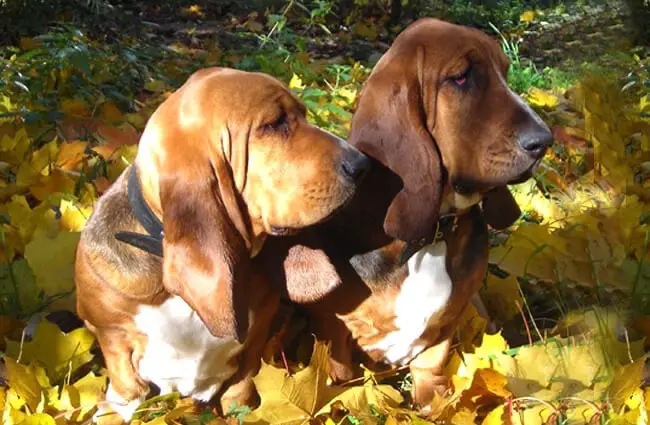
Interesting Facts
- Exceptional Sense of Smell – A Basset Hound’s sense of smell is second only to the Bloodhound, allowing them to follow scent trails for miles.
- Velvet Ears – Their long ears are not just for show; they help funnel scents toward their nose, enhancing their tracking ability.
- French Aristocracy – Basset Hounds were favored by French nobility in the 17th and 18th centuries.
- Unique Vocalizations – Basset Hounds have a distinctive baying sound, which they use to communicate and signal when they have picked up a scent.
- Stubborn Streak – Their independent nature can make training challenging, but it also adds to their unique charm.
Is a Basset Hound Right for You?
The Basset Hound is a wonderful companion for the right owner. They are gentle, laid‑back, and affectionate, but they also require patience, consistency, and understanding. If you are looking for a low energy companion with a big personality and you are willing to commit to their specific needs, a Basset Hound may be the perfect breed for you.
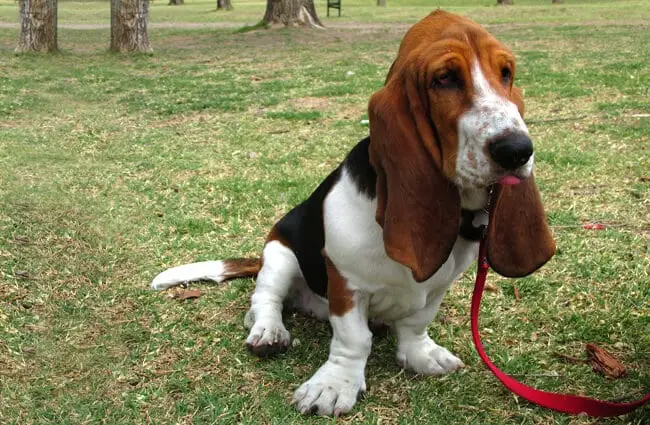
Owning a Basset Hound is a rewarding experience. Their soulful eyes and gentle nature will capture your heart, and their unique personality will keep you entertained for years to come. With the right care and attention, a Basset Hound will be a cherished member of your family.

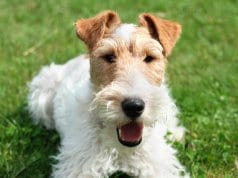
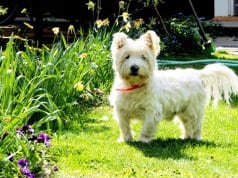


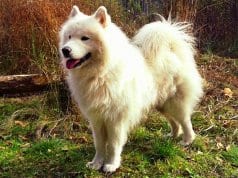
![Red Angus Closeup of a beautiful Red Angus cowPhoto by: U.S. Department of Agriculture [pubic domain]https://creativecommons.org/licenses/by/2.0/](https://animals.net/wp-content/uploads/2020/03/Red-Angus-4-100x75.jpg)

